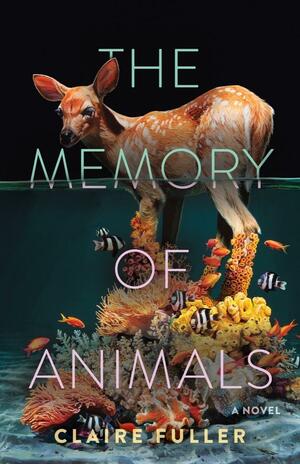When I’m reading books for my projects, I don’t really look to see what they’re about, I just find them and read them. Prophet Song was for my Booker project, and I was dismayed when I realized it is a dystopian novel, since that is not my thing and I had recently read another one.
However, I soon realized I had read another novel by Lynch, Grace, a historical novel about the Irish famine, and I had forgotten how much I liked it. When you think of it, the famine was dystopian in its own way.
This novel rings lots of bells. It makes you think not only of Nazi Germany, but of Putin’s Russia, the Ukraine, and our own refugee crisis. Actually, refugee crises around the world.
The novel starts with a knock on the door. Ireland has recently voted in an ultra-right party, and the government has declared a sort of martial law, against what, it is not clear. A newly formed department, the GSNB, has sent officers to investigate a complaint about Larry Stack’s role as a union representative for the Irish Teacher’s Union. Larry answers that there is nothing wrong with him helping the union bargain for better pay and conditions, but it’s clear they’re trying to head off a planned strike with threats.
When Larry attends the strike, he doesn’t return. Nor can his wife Eilish find out what happened to him. Nor can the union solicitor. Normal rights have been suspended.
Eilish is left to care for her father, who is slowly succumbing to dementia, and her four children—Mark 16, Molly 15, Bailey 13, and Ben, a baby. Eilish goes on planning her Easter visit to her sister Áine in Canada, hoping that Larry will be free by then, but then Mark and Ben are denied passports.
Things go from bad to worse: Larry’s name is published in a list of subversives in the paper, and their house and car are vandalized. Mark receives a call-up to the military on his 17th birthday. Eilish’s sister keeps urging her to leave, but she won’t leave Larry and Mark, after Mark disappears to join the rebels.
This is an absolutely gripping story that keeps building and building. It is written in Lynch’s poetic prose, with long paragraphs that pull you along and create a sense of urgency.
Dystopian or not, this novel is excellent.










